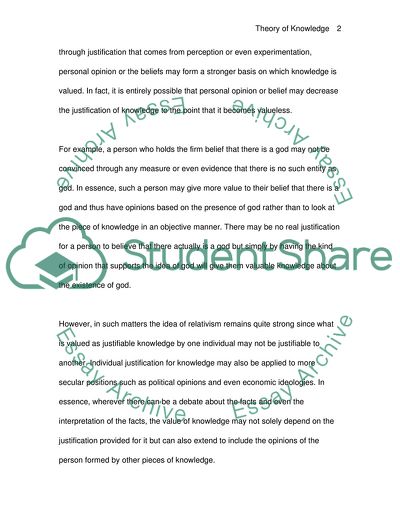Cite this document
(Theory of Knowledge Case Study Example | Topics and Well Written Essays - 1250 words, n.d.)
Theory of Knowledge Case Study Example | Topics and Well Written Essays - 1250 words. https://studentshare.org/education/1718872-theory-of-knowledge-tok
Theory of Knowledge Case Study Example | Topics and Well Written Essays - 1250 words. https://studentshare.org/education/1718872-theory-of-knowledge-tok
(Theory of Knowledge Case Study Example | Topics and Well Written Essays - 1250 Words)
Theory of Knowledge Case Study Example | Topics and Well Written Essays - 1250 Words. https://studentshare.org/education/1718872-theory-of-knowledge-tok.
Theory of Knowledge Case Study Example | Topics and Well Written Essays - 1250 Words. https://studentshare.org/education/1718872-theory-of-knowledge-tok.
“Theory of Knowledge Case Study Example | Topics and Well Written Essays - 1250 Words”. https://studentshare.org/education/1718872-theory-of-knowledge-tok.


